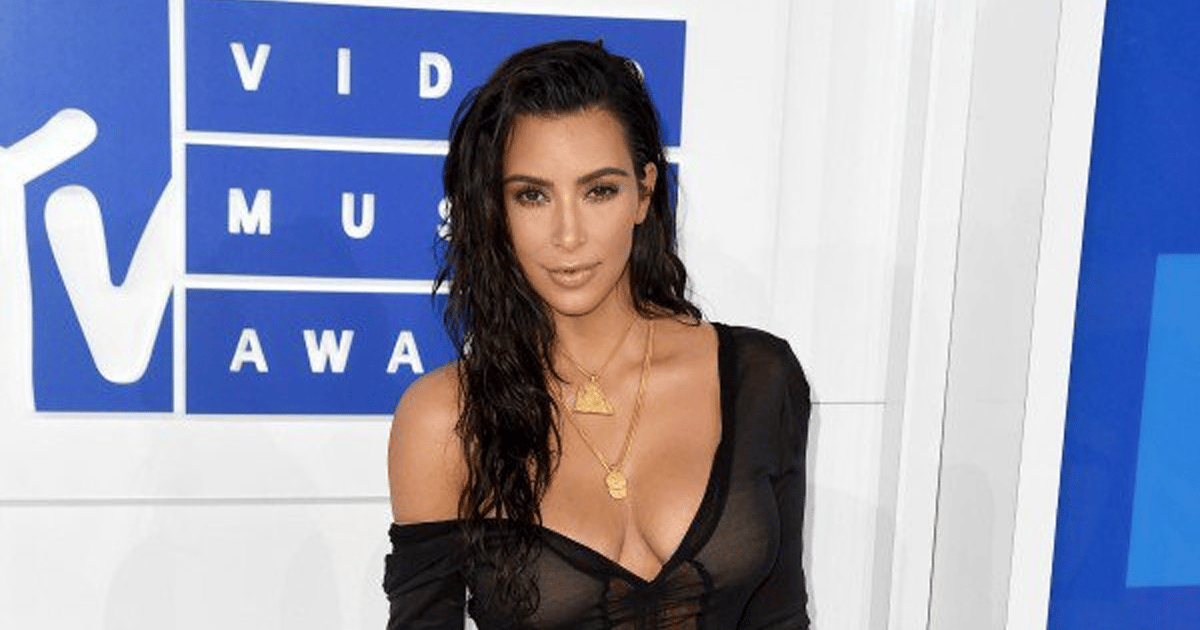
I was scrolling through Instagram over the weekend when a photo on my feed stopped me. It was an advertisement for a cosmetic surgery doctor.
The picture was of an attractive female smiling to the camera, face smooth and taut. Her name was Tanya*.
“Call us today!” read the caption. “And you can book in for cosmetic procedures just like Tanya, one of our actual clients.”
This alone wasn’t really that surprising – plastic surgery and cosmetic surgery advertisements pop up in my feed all the time.
The odd part was this: I knew Tanya.
There she was, having her face splashed across the internet as an 'actual client' for a plastic surgery clinic. God, she was going to be furious when she found out one of her Instagram photos had been scammed.
Flustered, I shot her a text message with a screen shot of the advertisement and a bunch of question marks.
"Uh, yeah?" she wrote back. "What's up?"
"Your face!" I text back quickly. "Did you know they used your picture????"
"Yep!"
Oh. I didn't see that coming. (Post continues after audio.)
Just like that, I understood that in my haste, I didn't even stop to think that the advertisement was real - and that Tanya had actually gone under the knife.
More importantly, that she was OK with people knowing that. This was uncharted territory. I was out of touch. I was surgery shaming one of my dearest friends!




























































































